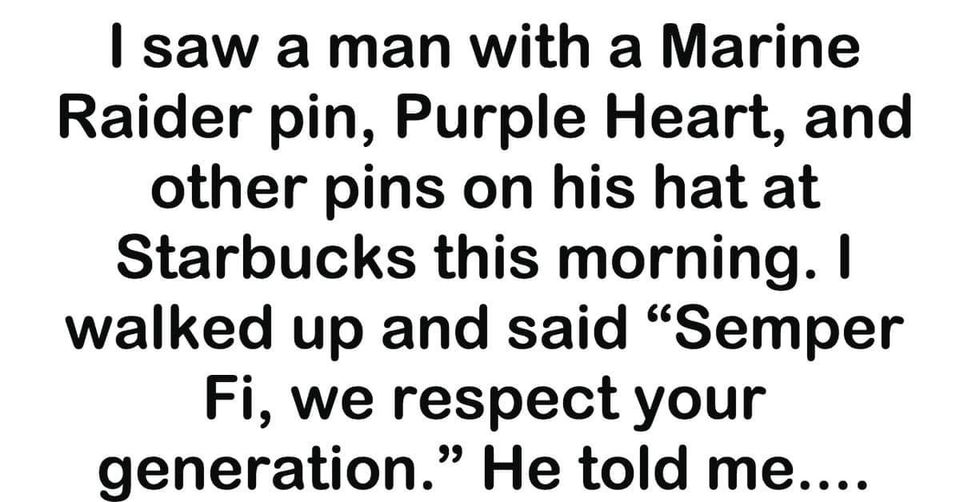JUST IN: Largest Company In America Caves, Slashes Woke Initiatives
Walmart, the largest retailer in the United States and a cornerstone of mainstream consumerism, has announced substantial changes to its policies regarding diversity and inclusion. This shift follows a series of discussions with conservative commentator Robby Starbuck, who has been vocal about his opposition to “woke policies” in corporate America.
The retailer’s decision marks a significant moment in the broader cultural debate surrounding corporate social responsibility and political neutrality. Starbuck, a frequent critic of progressive corporate practices, shared the news in a detailed post on X (formerly Twitter), crediting “productive conversations” with Walmart executives for the policy changes.
The Push for Corporate Neutrality
Starbuck emphasized the importance of neutrality in business, stating, “I am simply advocating for corporate neutrality. I believe that that is the future because I understand there are people in this country who do not agree with my politics, so it would not be fair of me to force my politics on them the same way that I am not okay with left-wing policies being forced on me.”
He framed Walmart’s decision as a victory for conservatives who have long criticized corporate America for adopting what they perceive as overly progressive agendas.
Key Policy Changes
As part of its policy overhaul, Walmart plans to discontinue several high-profile initiatives:
- Diversity, Equity, and Inclusion (DEI) Programs: Walmart will eliminate its DEI initiatives, both internally and externally.
- Racial Equity Center Closure: The company will shut down its Racial Equity Center, a project launched with a $100 million commitment over five years.
- Discontinuation of Racial Equity Training: Walmart will cease training sessions conducted through the Racial Equity Institute.
- Corporate Equality Index Withdrawal: The retailer will no longer participate in the Human Rights Campaign’s Corporate Equality Index, which evaluates businesses on LGBTQ+ inclusivity.
- Product Review: Certain products, including chest binders and books on gender transitioning, will be removed from shelves, particularly those marketed toward children.
- Funding Reevaluation: Walmart will review its sponsorship of events such as drag queen story hours and pride celebrations, removing funding for events deemed inappropriate for children.
- Language and Supplier Policy Changes: The company will stop using the term “Latinx” in communications, in response to surveys indicating widespread disapproval among Hispanic Americans. Supplier diversity programs and financing eligibility criteria will also be reviewed to ensure equal treatment across demographics.
Broader Implications
Walmart’s changes are part of a growing trend of companies reassessing their social initiatives in response to consumer and political feedback. With over 1.6 million employees and a market capitalization nearing $800 billion, Walmart’s decisions may set a precedent for other corporations.
Robby Starbuck, known for his transition from directing music videos for stars like Akon and the Smashing Pumpkins to launching conservative social campaigns, has been at the forefront of this movement. His activism, targeting corporations such as Tractor Supply, John Deere, and Ford, has prompted several companies to reevaluate their DEI strategies.
Conclusion
While Walmart’s shift has been celebrated by conservatives as a return to corporate neutrality, it has also sparked debates about the role of businesses in shaping societal values. For now, the retail giant’s decision to scale back on “woke” policies underscores a significant turning point in the conversation around corporate social responsibility and public opinion.




